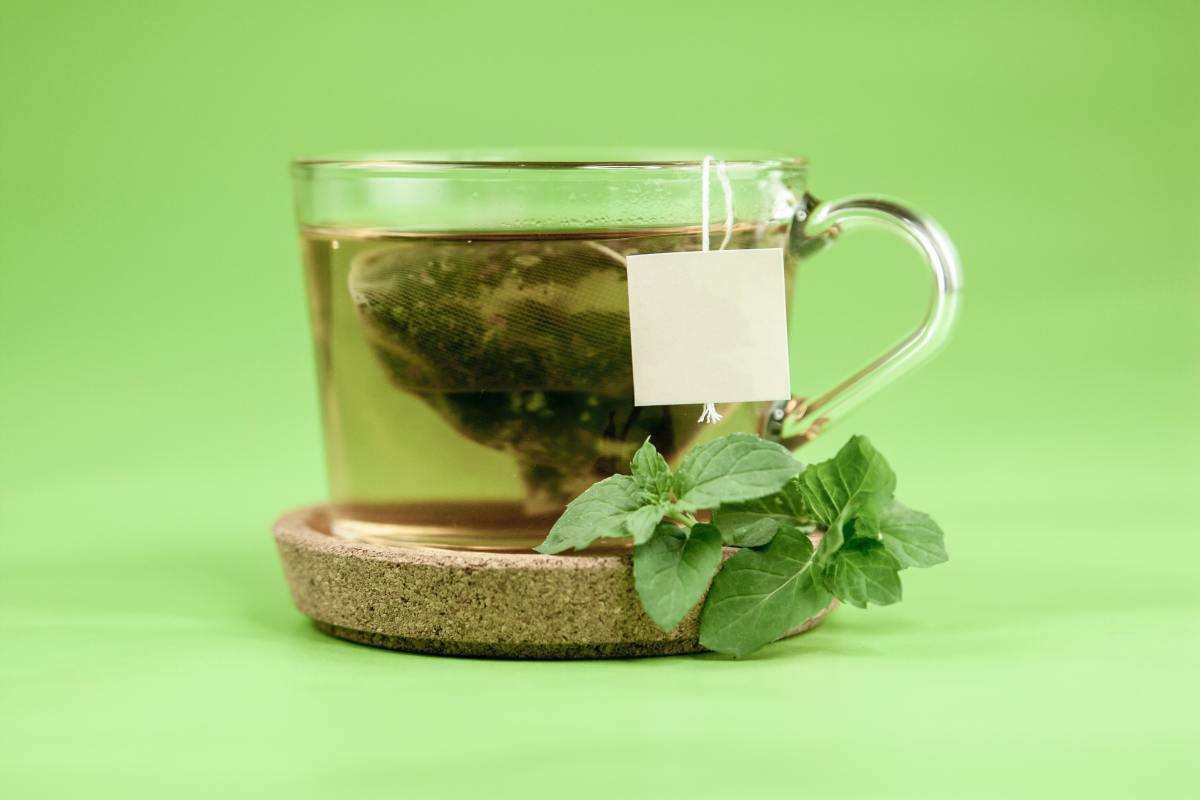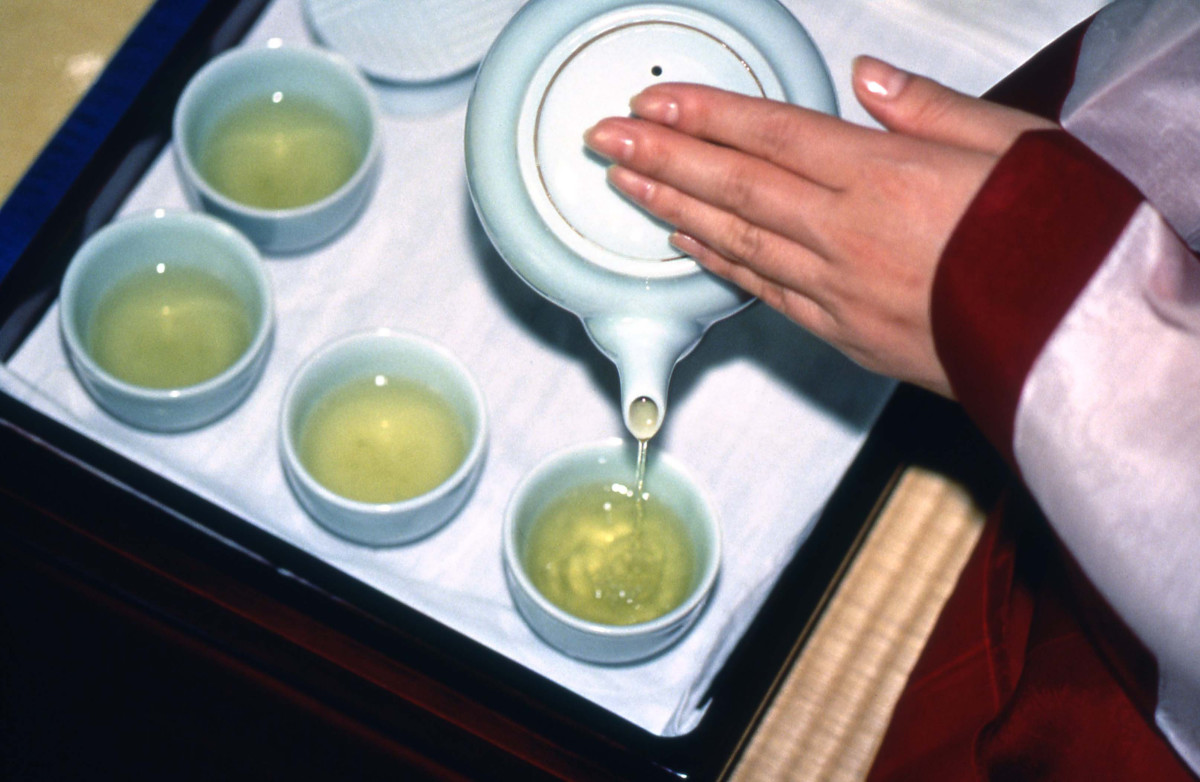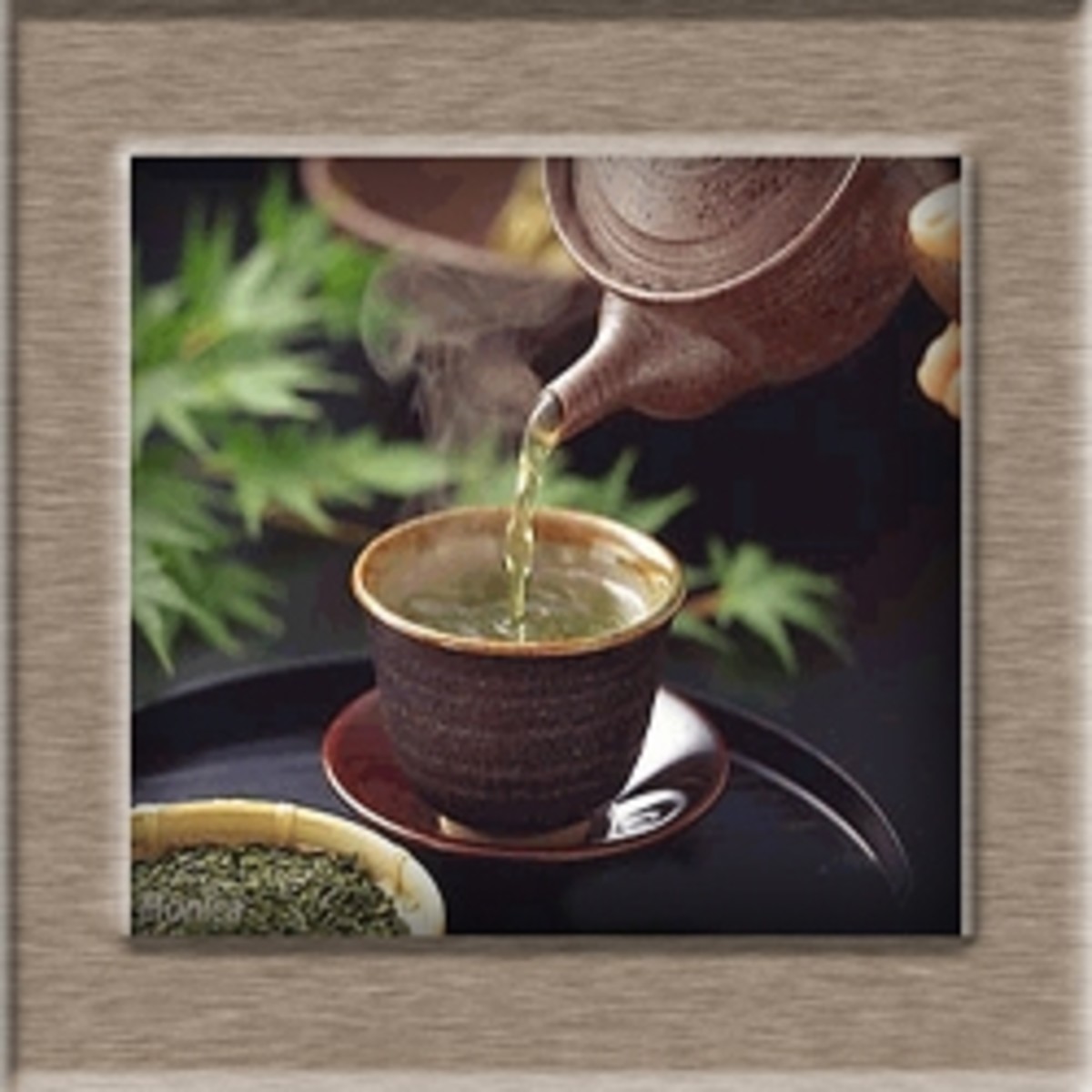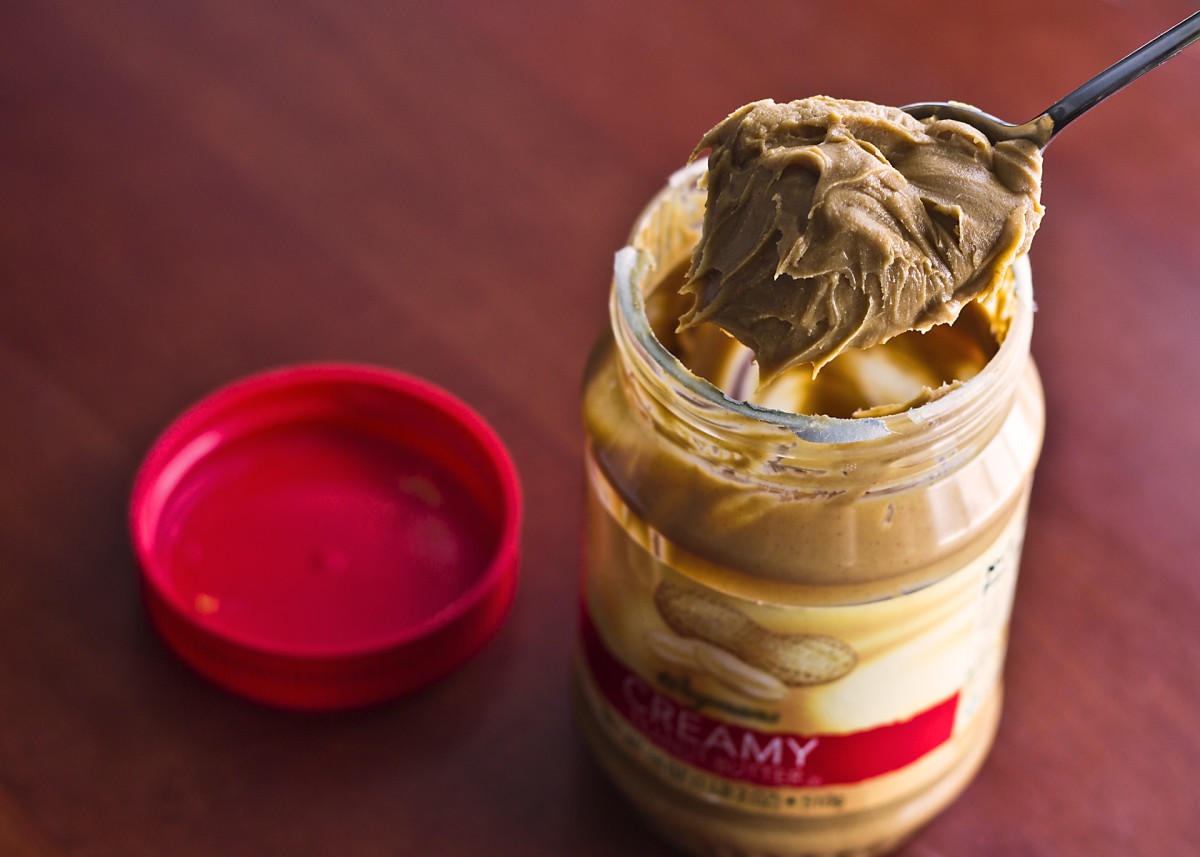Green Tea vs Oolong Tea - Part 4 - Benefits of Oolong Tea
<< Part 3 - Benefits of Green Tea <<
Now that we know the benefits of drinking green tea, let’s move onto its older brother: oolong tea.
As I’ve said before, oolong tea isn’t as popular as green tea; it’s not talked about as much and fewer products contain it.
But could this unpopular tea be scientifically proven to be just as beneficial as green tea?
Let’s find out…
Benefits of Oolong Tea
It’s not surprising to find out that a good amount of studies have been done to test the benefits of oolong tea.
Let’s take a look at a few of the proven benefits of oolong tea…
[ Diabetes ] It has been found that when those with type 2 diabetes drink oolong tea, along with taking their hyperglycemic medications, their blood glucose and fructosamine levels are “significantly lowered”.

Recommended Reading
This is good because, those with diabetes have high levels of glucose in their blood because their body isn’t removing it from their blood.
[ Aging ] Dr. Kenichi Yanagimoto found that those who drank oolong tea daily, for 15 days, saw a 50% reduction in free radicals. This shows that the antioxidants in oolong tea can greatly reduce the damage done by free radicals, which can cause aging and tissue damage.
[ Skin Disease ] A study at carried out at Shiga University of Medical Science found that those suffering from atopic dermatitis could improve their skin’s condition if they drank oolong tea along while following their dermatological treatment. After one month, of adding daily liters of oolong tea to their regimen, over 60% of the participants showed “moderate improvements”.
So oolong tea does look beneficial for sick and healthy individuals BUT, once again, what about weight loss!?
Oolong Tea Weight Loss Benefits
It’s really not that surprising at this point to find out that research has also shown that oolong tea may also help boost your metabolism and help you burn fat. Let’s take a look at the studies.
[ Study #1 ]
There was a study carried out at the University of Tokushima School of Medicine in Japan. The participants of the study were 11 healthy Japanese females.
They each consumed three different drinks at different times. One drink was water, another was oolong tea and the last drink was green tea.
The rate at which their bodies were burning calories was tested before and after they consumed the drink. They were tested an hour, an hour and a half and two hours after consumption.
The greatest change in the rate that they burned calories was seen when they drank oolong tea. This is interesting because they found that oolong tea contained less caffeine and EGCG (an antioxidant) than green tea, but twice as many polymerized polyphenols (another antioxidant). So it wasn’t the caffeine or EGCG causing the spike in calorie burning, they assume it was the polymerized polyphenols.
After 2 hours they saw:
- A 10% increase in calorie burning with oolong tea
- A 4% increase in calorie burning with green tea
It seems like big brother oolong tea is more efficient at helping our bodies burn calories than green tea is!
[ Study #2 ]
There was a study carried out by the BeltsvilleHumanNutritionResearchCenter in Maryland. The participants of the study were 12 American men.
They each randomly consumed four different drinks at different times. One drink was water, one was full strength oolong tea (15g of tea), one was half strength oolong tea (7.5g or tea) and the last drink was water with 270 mg of caffeine in it (equivalent to the concentration of the full strength tea).
The participants refrained from consuming caffeine or flavonoids (antioxidants) for 4 days before the study took place. The tea would be brewed in the morning and then they’d drink it in 5 separate servings (300 mL) for 3 days straight and then they’d have the rate at which they’re burning calories tested. During the 3 days, the participants consumed a typical American diet.
The greatest change in the rate that they burned calories was seen when they drank the full strength tea or the water with caffeine in it. Fat burning was also accelerated when the participants drank oolong tea.
They saw:
- A 3.4% increase in calorie burning with the caffeinated water
- A 2.9% increase in calorie burning with full strength oolong tea
- A 12% increase in fat burning with full strength oolong tea
So it seems like oolong tea is efficient at raising the amount of calories and fat you burn, even if you eat a typical American diet! I’m surprised to see that the caffeinated water slightly outperformed oolong tea, in calorie burning, though.
[ Study #3 ]
There was a 6 week long study carried out by the School of Traditional Chinese Materia Medicine in China. There were 102 overweight and obese participants.
They each consumed a total of 8 grams of oolong tea a day for the 6 weeks.
The participants had their body fat levels, body weight, height, waist measurement and subcutaneous fat layer (near the navel) checked before and after the study was completed.
Most of the participants saw great results whether it was weight reduction, fat loss, waist reduction or the reduction of total cholesterol and triglycerides (type of fat) in their blood.
The results were:
- 70% of the severely obese participants lost more than 1 kg of body weight
- 22% of the severely obese participants lost more than 3 kg of body weight
- 64% of the obese participants and 66% of the overweight participants lost more than 1 kg of body weight
- 12% of the obese and overweight participants also saw a decrease in subcutaneous fat
- Blood levels of total cholesterol and triglycerides were “remarkably decreased”
So it looks like continued consumption of oolong tea can help you lose weight and reduce fat, total cholesterol and triglycerides, even if you’re overweight or obese!
I’m very impressed by the weight loss benefits of consuming oolong tea. I wish all supplements, natural or not, were researched as much as tea has been. You need research results like this before you should claim any product can help you lose weight. I’m talking to you, supplement companies!
Let’s see if there are any side effects from consuming green or oolong tea.










